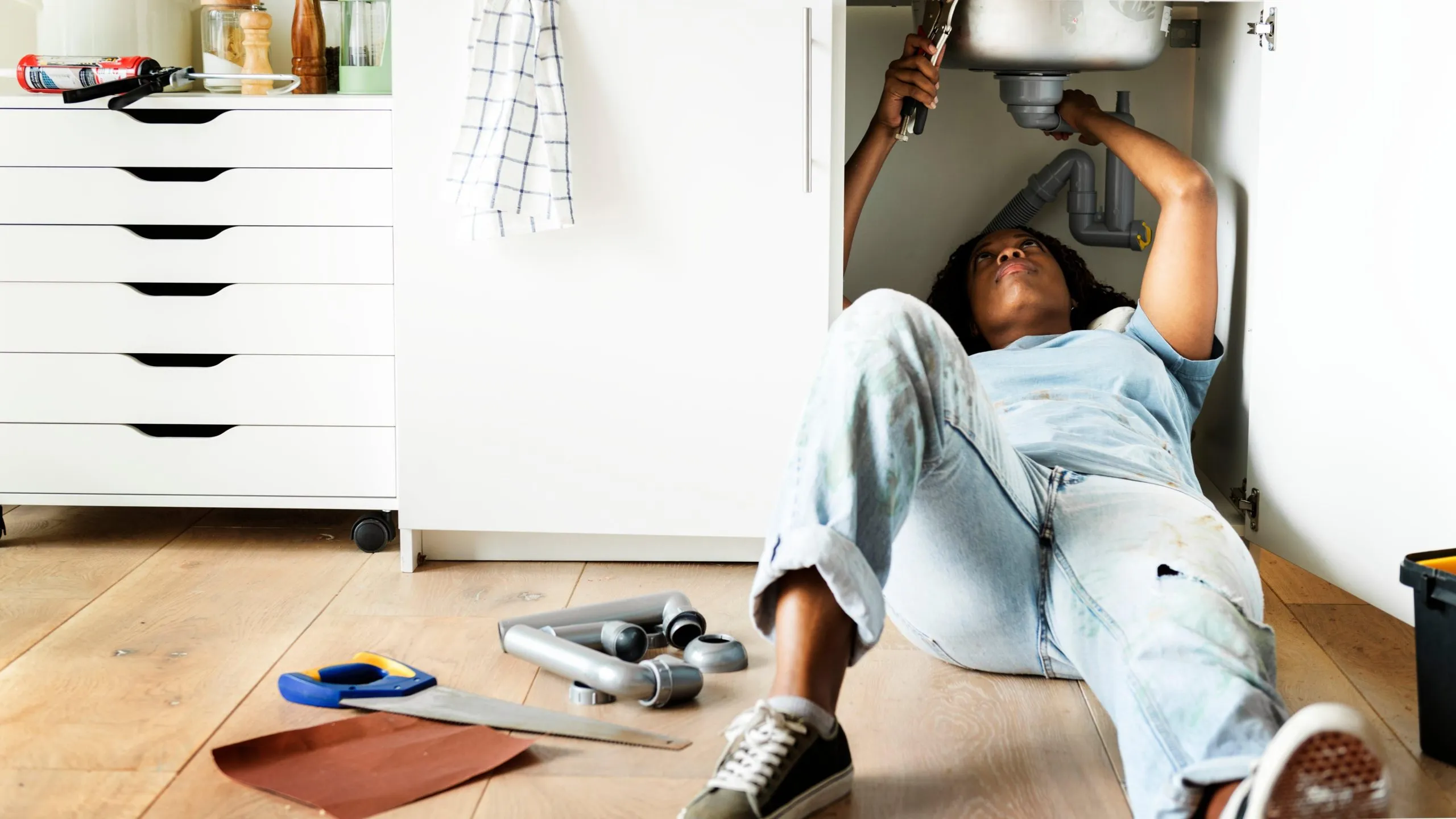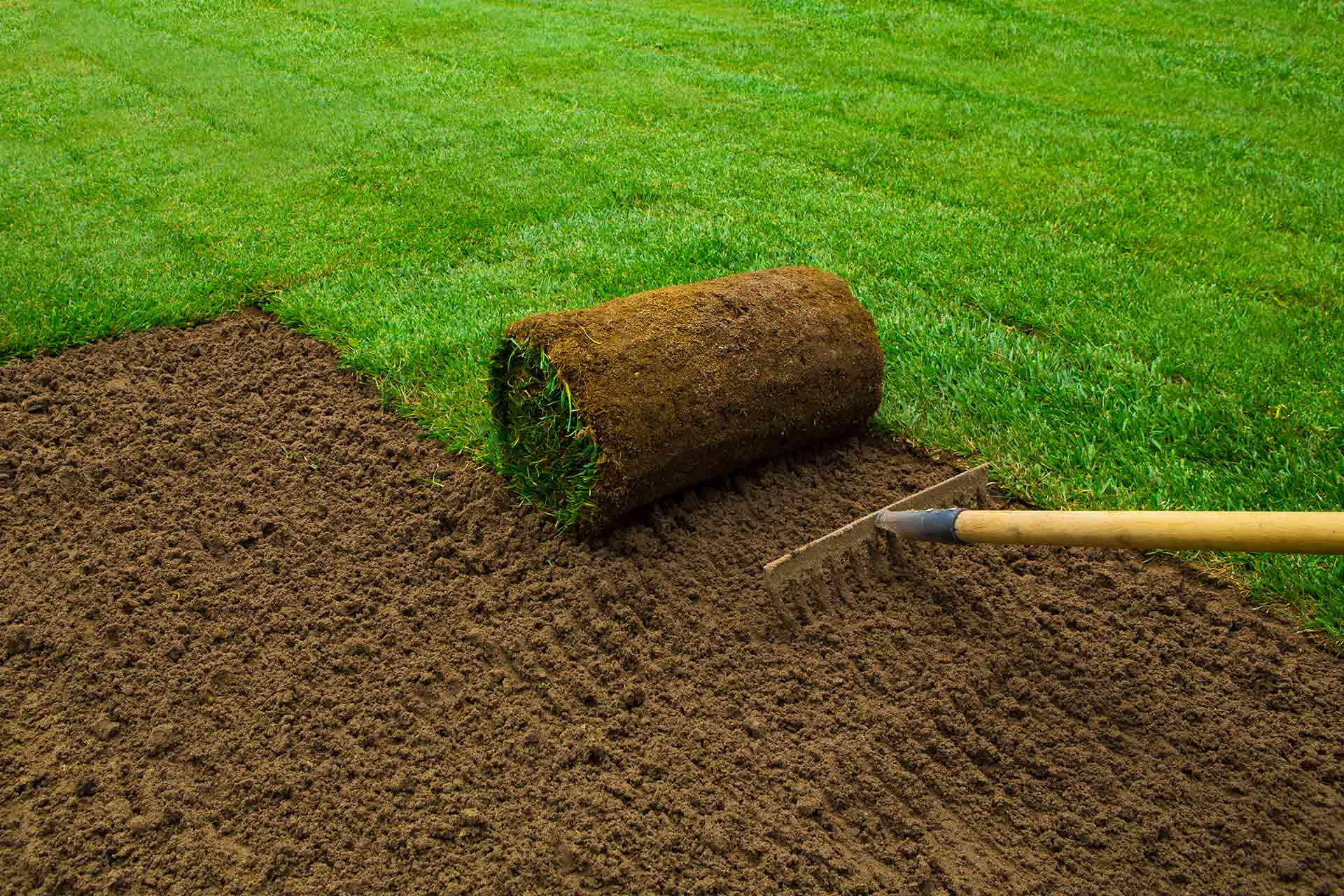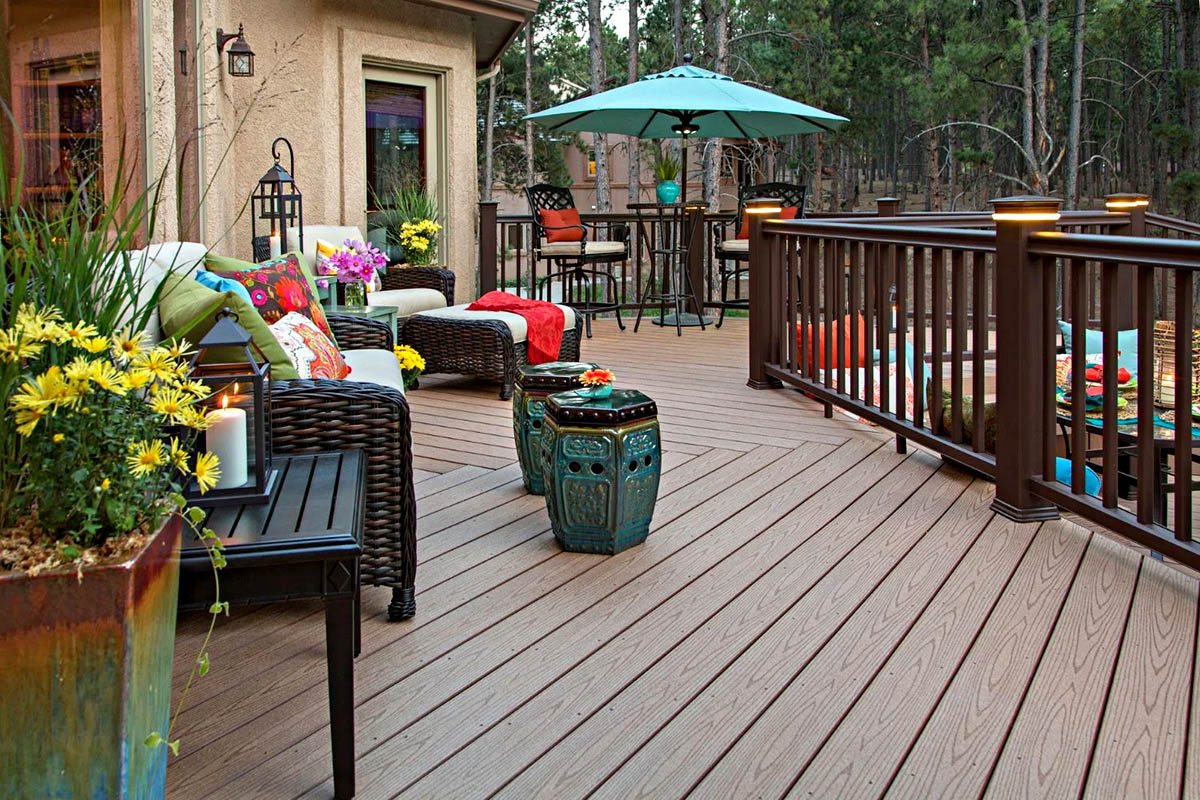Home>Home Maintenance>How Much Per Month For Home Repairs


Home Maintenance
How Much Per Month For Home Repairs
Modified: March 24, 2024
Find out how much you should budget per month for home maintenance and repairs. Get expert tips and advice to keep your home in top shape.
(Many of the links in this article redirect to a specific reviewed product. Your purchase of these products through affiliate links helps to generate commission for Storables.com, at no extra cost. Learn more)
Introduction
Welcome to our comprehensive guide on home repairs! As a homeowner, it’s important to understand the cost factors involved in maintaining your property. From fixing leaky faucets to replacing damaged flooring, home repairs can be a regular expense that should be factored into your budget. In this article, we will explore the various factors that influence the cost of home repairs and provide you with a breakdown of common repairs and their average monthly costs. We will also discuss the importance of regular maintenance and help you decide whether to tackle repairs yourself or hire professionals. So, let’s dive in and get your home in tip-top shape without breaking the bank!
Key Takeaways:
- Budgeting for home repairs is crucial. Set aside 1-3% of your home’s value for an emergency fund. Regular maintenance can prevent costly repairs and maintain your home’s value.
- Consider DIY for minor repairs, but hire professionals for complex or hazardous repairs. Safety and quality workmanship are key. Regular maintenance is essential for a well-maintained home.
Factors influencing the cost of home repairs
When it comes to home repairs, several factors can influence the overall cost. Understanding these factors will give you a better idea of what to expect and help you plan your budget accordingly. Here are some key factors to consider:
- Age and condition of the home: Older homes tend to require more repairs and maintenance due to wear and tear. The condition of the home can also impact the complexity and cost of repairs.
- Scope and complexity of the repairs: The extent and complexity of the repairs needed will directly affect the cost. Minor repairs like fixing a leaky faucet will be less expensive than major repairs such as replacing a roof.
- Materials and labor costs: The price of materials and labor can vary significantly depending on the location and quality of materials. It’s important to research and compare prices to get the best deal.
- Accessibility: The accessibility of the repair area can influence the cost. If the repair requires special equipment or difficult access, it may drive up the labor costs.
- Permits and regulations: Some repairs may require permits or must comply with specific building codes. These additional requirements can add to the overall cost.
- Emergency repairs: Unexpected emergencies such as a burst pipe or electrical failure may require immediate repairs. These emergency repairs often come with higher costs due to the urgency and potential after-hour service fees.
By considering these factors, you can better estimate the cost of home repairs and avoid any surprises. It’s also worth keeping in mind that regular maintenance and timely repairs can help prevent more expensive and extensive damage in the long run.
Common home repairs and their average monthly costs
Home repairs can cover a wide range of issues, and the costs can vary depending on the complexity of the repair and the materials involved. Here are some common home repairs and their average monthly costs:
- Plumbing repairs: Plumbing issues such as leaky faucets, clogged drains, or pipe replacements are common in many homes. On average, plumbing repairs can cost around $100 to $300 per month, depending on the severity of the issue.
- Electrical repairs: Electrical repairs may include fixing faulty wiring, installing new outlets, or repairing electrical panels. The average monthly cost for electrical repairs can range from $100 to $500, depending on the complexity and size of the project.
- Roof repairs: Roof leaks, damaged shingles, or general wear and tear may require roof repairs. The average monthly cost for roof repairs can range from $200 to $800, depending on the extent of the damage and the type of roofing material used.
- HVAC repairs: Heating, ventilation, and air conditioning (HVAC) systems often require repairs for issues like faulty thermostats, compressor problems, or refrigerant leaks. The average monthly cost for HVAC repairs can range from $100 to $500, depending on the complexity of the repair and the type of system.
- Appliance repairs: Home appliances such as refrigerators, washing machines, or dishwashers may need repairs from time to time. The average monthly cost for appliance repairs can range from $50 to $200, depending on the type of appliance and the extent of the repair needed.
- Painting and wall repairs: Repainting walls, fixing drywall cracks, or addressing water damage are common home repairs that can range from $100 to $500 per month, depending on the size of the project and the materials used.
Keep in mind that these are average monthly costs and can vary depending on your location, the specific repair needs, and the contractors you hire. It’s also important to note that these costs are estimates and may be higher or lower in your particular case.
By having an understanding of these average costs, you can better plan and budget for your home repairs. It’s always a good idea to set aside a monthly amount for general maintenance and potential repairs to avoid any financial strain when an unexpected repair arises.
Budgeting for home repairs
Setting a budget for home repairs is essential to ensure that you can handle unexpected expenses and properly maintain your home. Here are some tips for budgeting for home repairs:
- Create an emergency fund: Start by establishing an emergency fund specifically for home repairs. Aim to save at least 1% to 3% of your home’s value per year to cover any unexpected repairs that may arise.
- Assess your home’s condition: Take the time to assess your home’s condition and identify any potential areas that may need repairs in the near future. This will help you prioritize repairs and allocate funds accordingly.
- Research average repair costs: Research the average costs of common repairs in your area. This will give you a baseline for budgeting and help you determine how much you should be setting aside each month.
- Set a monthly repair budget: Determine how much you can comfortably allocate to your monthly repair budget. Consider your income, expenses, and other financial obligations. It’s recommended to set aside around 1% to 2% of your home’s value per year for ongoing repairs and maintenance.
- Review and adjust your budget: Review your budget periodically to ensure it aligns with your actual repair needs and financial situation. If necessary, make adjustments to accommodate any changes or unexpected repairs.
- Prioritize repairs: Prioritize repairs based on urgency, safety concerns, and potential for further damage. Focus on addressing critical issues first and spread out non-urgent repairs over time to minimize financial strain.
- Consider home warranty or insurance: Look into home warranty plans or insurance policies that can provide coverage for major systems and appliances. These can help offset the cost of unexpected repairs, but be sure to read the fine print and understand the coverage limits.
Remember, having a well-planned budget for home repairs will not only help you handle unexpected expenses more effectively but also ensure that your home remains in good condition and holds its value over time. Regular maintenance, along with timely repairs, can save you from higher repair costs down the line and contribute to the comfort and longevity of your home.
It’s recommended to set aside 1-3% of your home’s value for annual maintenance and repairs. For example, if your home is worth $300,000, budget $3,000-$9,000 per year, or $250-$750 per month.
Importance of regular maintenance
Regular maintenance is vital for the long-term health and value of your home. It involves proactive measures to prevent issues before they become costly repairs. Here’s why regular maintenance is so important:
- Prolongs the lifespan of your home: Just like any other asset, your home requires regular care and maintenance to extend its lifespan. By addressing small issues promptly and keeping up with routine maintenance tasks, you can prevent major problems from arising and ensure that your home maintains its structural integrity over time.
- Prevents costly repairs: Regular maintenance can help you catch and resolve minor issues before they turn into major and costly problems. For example, fixing a small leak now can save you from a full-blown plumbing disaster later on. Investing in routine maintenance now can potentially save you thousands of dollars in future repair costs.
- Maintains home value: A well-maintained home holds its value better in the real estate market. Regular upkeep and maintenance ensure that your property remains attractive, functional, and desirable to potential buyers. Whether you plan to sell in the near future or not, maintaining your home’s value is a wise investment.
- Improves energy efficiency: Regular maintenance of key systems like HVAC, plumbing, and electrical can improve energy efficiency. By keeping systems clean, properly maintained, and in good working order, you can reduce your energy consumption and save on utility bills.
- Enhances safety: Regular maintenance helps identify and address potential safety hazards in your home. This can include anything from electrical issues to faulty wiring to structural integrity concerns. By keeping your home well-maintained, you create a safer environment for you and your family.
- Peace of mind: Knowing that your home is well cared for and in good condition provides peace of mind. Regular maintenance helps reduce the likelihood of unexpected breakdowns, emergencies, or major repairs, allowing you to enjoy your home without constant worry.
Remember, regular maintenance is a proactive approach to caring for your home and protecting your investment. By implementing routine maintenance schedules and staying on top of necessary repairs, you can avoid costly surprises and ensure that your home remains a safe, comfortable, and valuable asset for years to come.
Read more: How Much Does Ring Doorbell Cost Per Month
DIY vs. hiring professionals for home repairs
When it comes to home repairs, one big decision homeowners often face is whether to tackle the repairs themselves or hire professionals. Both options have their advantages and disadvantages, and the choice ultimately depends on the complexity of the repair, your skill level, and your budget. Let’s explore the pros and cons of DIY repairs versus hiring professionals:
- DIY repairs:
- Cost savings: One of the main benefits of DIY repairs is the potential cost savings. By handling the repairs yourself, you can avoid paying for labor and potentially save money on materials.
- Flexibility and convenience: DIY repairs give you the flexibility to work at your own pace and on your own schedule. You don’t have to wait for professionals to fit you into their busy schedules.
- Sense of accomplishment: Successfully completing a DIY repair can give you a sense of pride and accomplishment. It allows you to learn new skills and gain a deeper understanding of your home’s systems.
- Learning opportunity: DIY repairs provide an opportunity to learn and become more self-sufficient when it comes to basic home maintenance. It can empower you to handle future repairs with confidence.
- Hiring professionals:
- Expertise and experience: Professionals have the knowledge, skills, and experience to handle a wide range of repairs effectively and efficiently. They can often diagnose problems quickly and provide long-lasting solutions.
- Time-saving: Hiring professionals frees up your time and allows you to focus on other important tasks or activities. They have the necessary tools and expertise to complete repairs in a timely manner.
- Quality workmanship: Professionals are trained to deliver high-quality workmanship. They have access to professional-grade tools and materials, and their work often comes with warranties and guarantees.
- Safety considerations: Some repairs require specialized knowledge and can be dangerous if not handled correctly. Hiring professionals ensures that safety precautions are taken and that repairs are done in a safe and compliant manner.
Ultimately, the decision between DIY repairs and hiring professionals depends on your comfort level, skill set, and the complexity of the repair. While DIY repairs can be cost-effective and a great learning experience for minor repairs, it’s important to know your limits and not attempt repairs beyond your expertise. For complex, technical, or potentially hazardous repairs, it’s best to hire professionals to ensure the job is done safely and correctly.
Remember, whether you choose to DIY or hire professionals, the most important aspect is ensuring that the repairs are done properly and in a timely manner. Saving money in the short term may result in higher costs if the repairs are not done correctly and lead to further damage in the future.
Conclusion
Home repairs are a necessary part of homeownership, and understanding how to approach them can save you time, money, and frustration. By considering the factors that influence the cost of home repairs and budgeting for them appropriately, you can be prepared for unexpected expenses and keep your home in top shape.
Regular maintenance is key to preventing costly repairs and maintaining the value of your home. Taking the time to address small issues promptly and staying on top of routine maintenance tasks can save you from major headaches down the line. Whether you choose to DIY or hire professionals, it’s important to know your limits and prioritize safety.
Creating a budget specifically for home repairs, setting aside funds in an emergency fund, and researching average repair costs in your area will help you plan and manage your finances effectively. It’s also a good idea to prioritize repairs based on urgency and potential for further damage to avoid overwhelming your budget.
Ultimately, caring for your home is an ongoing process that requires diligence and attention. By investing in regular maintenance and addressing repairs in a timely manner, you can enjoy the benefits of a safe, comfortable, and well-maintained home for years to come.
Remember, if you’re unsure about a repair or if it requires specialized knowledge, it’s always best to consult with professionals to ensure the job is done correctly. Safety should be a top priority in all home repair endeavors.
So, roll up your sleeves, prioritize your repairs, and take pride in maintaining and improving your home. With careful planning and the right approach, you can keep your home in excellent condition and enjoy the peace of mind that comes with knowing you’re taking care of your most valuable asset.
Frequently Asked Questions about How Much Per Month For Home Repairs
Was this page helpful?
At Storables.com, we guarantee accurate and reliable information. Our content, validated by Expert Board Contributors, is crafted following stringent Editorial Policies. We're committed to providing you with well-researched, expert-backed insights for all your informational needs.















0 thoughts on “How Much Per Month For Home Repairs”